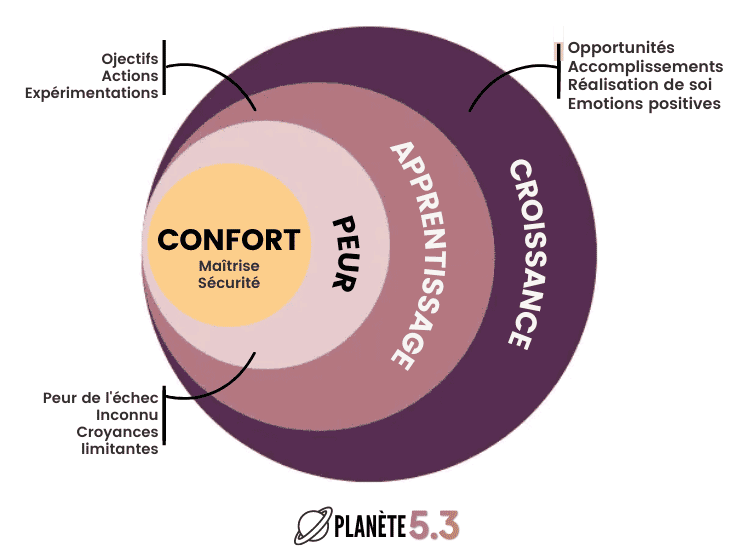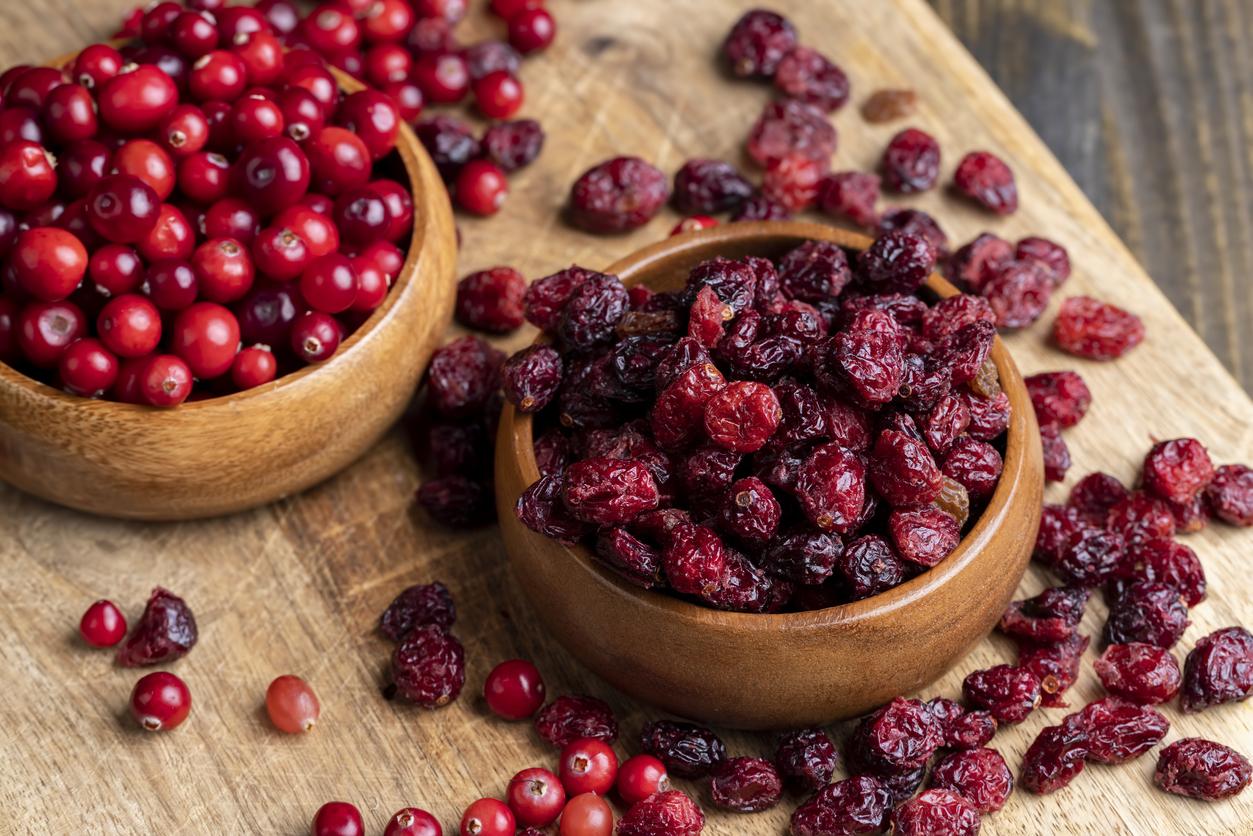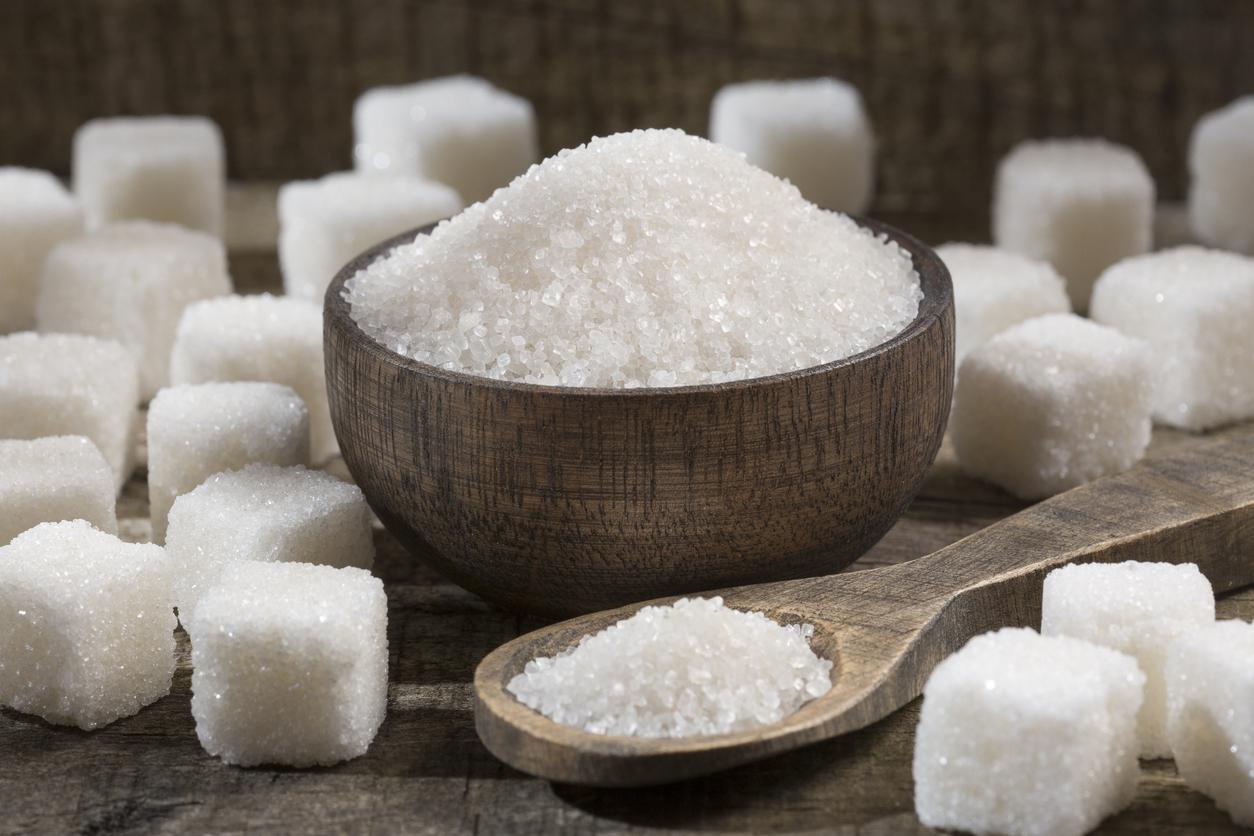Being vegetarian doesn’t just mean consuming vegetable planters, very green vegetables and salad of the same color! Stop with these jokes from the year 2000! Here are 5 valid reasons to successfully engage in this dietary transition.
It is appropriate to first return to the foundations of vegetarianism, first, let’s explain what this dietary method is and see what its different forms are.
A vegetarian is a human who does not eat meat, poultry, fish, or none other animal. For him it is a matter of not eating no product requiring death or exploitation of an animal. But the standard vegetarian generally eats animal by-products such as eggs, dairy products and cheese, but also honey.
Regarding the veganismnot only are followers of veganism vegetarian, but they also do not consume any animal by-products. Their diet is therefore exclusively plant-based. No eggs, no milk and… no honey either.
This eating method is adopted by vegansbut this term implies a philosophical, even militant, dimension that goes beyond nutrition, so we will focus here on vegetarianism.
1. Vegetable planters are good for your health
Vegetarian diets offer many nutritional benefits including blood lipid levels (including cholesterol) much lower than the population average as well as rates of magnesium, potassiumfolate (B9), antioxidants, vitamin C and B a lot higher.
Vegetarians suffer much less from overweight, obesity and type II diabetes. They are a lot less hypertensive and develop a lot fewer cancers of the colon. According to an English study, a vegetarian would cost 3 times less for Social Security during his life.
Furthermore, following the scandal of the Mad Cowcollective contamination by salmonella as well as pollution by dioxide of the meadows where the animals graze, the scandal of beef steaks containing horseit is legitimate for meat consumers to have some hesitation about continuing to eat meat.
When he discovered that industrial farms massively use antibiotics, even synthetic hormones, and that significant quantities of estrogenic residuesit is normal that the consumer either suspicious and therefore, seduced by vegetarianism (and vegetable planters :)).
2. It’s good for the environment
From the publication of the already old book by Frances MOORE LAFFE “Without meat and without regrets” (Editions l’Etincelle 1976) a certain number of ecological arguments have been proposed to support the vegetarian thesis.
For this author, the massive consumption of meat as it is practiced in Western societies is an important factor in imbalance of food resources of the planet. He said that 45 years ago!
In America, more than 60% of grain production is used as animal feed. The livestock industry thus swallows up most of the plant proteins because the animal is a very poor “machine” for transforming plants into proteins.
On one hectare we only produce 25kg of meat proteins while on the same surface area we could produce 500kg of soy protein.
This is why the practice of vegetarianism at the global level would make it possible to produce enough for feed 2 to 3 times more people. On 100 Ha of land, 64% of which is devoted to livestock, we only manage to feed 257 people whereas if the same surface area is devoted 100% to plant crops, we could feed them 625.
L’impact of intensive breeding on the environment is catastrophic. It leads to enormous waste of water because the number of liters of water to produce one kilo of food varies greatly. It takes 900 liters to produce a kilo of wheat, 1400 liters for corn, 2000 for rice and soya but it takes 100,000 liters to produce 1kg of beef, or 50 times more.
Industrial breeding also leads to catastrophic pollution. In Brittany, one of the French regions where intensive pig, cattle and poultry farming is practiced, more than 50% of the land area receives more nitrogen than it can absorb.
In addition, 1/3 of water catchments are unsuitable for consumption because they far exceed European drinking standards which are 50 mg of nitrate per liter.
3. Vegetarianism is good for morals!
“We must never consider a living being as a means to satisfy our desires” said Kant. How can we accept that we only justify the existence of animals by the sole interest of feeding on them?
Industrial breeders unfortunately do not consider the animals that like pure merchandise completely obscuring the reality of their suffering.
All animals raised in batteries are invariably housed in the same boat and in particular pigs and chickens whose treatments are revolting both with regard to their breeding, their transport and their slaughter.
There animal suffering and the barbaric conditions in which they are massacred can only inspire deep revulsion in us.
How could those who remain insensitive to animal suffering be affected by human misery?
4. It’s good for global solidarity
Solidarity with the rest of the globe, and particularly the Third World, is a strong argument among vegetarians. Because meat production prevents cereal production. An animal that consumes 7 plant calories (cereals) only returns one in animal form (meat).
However, you should know that almost 2/3 of the cereals produced in the world are used to feed the livestock of rich countries and that paradoxically, Third World countries are increasingly contributing to ensuring their production (soybeans, peanuts, cassava…) at the expense of their own needs food.
The serious problem of the shortage of global foodstuffs that we deplore today and that ofincrease disproportionate of their price on international markets is certainly one of the direct causes of these incoherent agricultural policies favoring the production of cereals for animal feed in wealthy countries.
Changing the way we consume proteins by becoming vegetarian is therefore a solidarity act towards deprived people.
5. Are vegetarians thinner than others?
Despite our beliefs, there is no correlation between the corpulence of a population and the importance of its average daily energy intake.
It’s actually the nature of the food which is indirectly responsible weight gain or not. Once again, there is an advantage to adding vegetable planters
Given its nutritional specificity and its physicochemical characteristics, the food will induce a chain reaction of metabolic mechanisms ultimately leading either to the burning of the energy from the meal or to its storage, at least in part.
We are too used to believing that meat mainly and Pisces are the only valid sources of protein.
Excellent proteins are found in animal by-products, eggs and the dairy productsbut also and above all in the plants. And contrary to certain beliefs vegetable proteins are as nutritionally good as animal proteins.
Animal proteins contain the 9 amino acids and in particular egg. So when you are an Ova-lacto vegetarian, that is to say someone who does not eat meat or fish but continues to consume eggs and cheese, the problem of protein intake does not arise.
And become vegetarian, ovo-lacto-vegetarian, or even flexitarian… or at least make your diet much more plant-based it means paying much more attention to what we consume and in this, it is a health advantage, and also slimming!



















